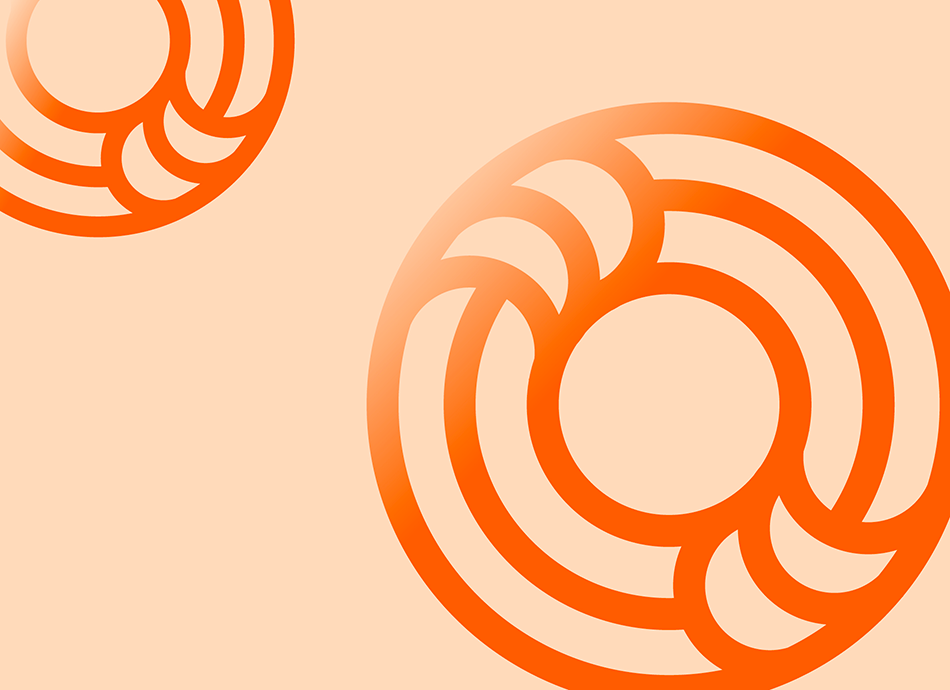Self-management support for healthcare providers
Key points about self management support
- This page contains information about self management support for healthcare providers.
- Find information on self-management support including why it's important, programmes and background papers.

Video: What is self-management?
This video offers an introduction to the principles of self-management and how it can support people managing long term conditions.
(Know Your Own Health, 2011)
"All people with long term conditions make decisions, take actions and manage a broad range of factors that contribute to their health on a day-to-day basis. It is therefore common sense – supported by health policy and evidence of positive outcomes – that health professionals and teams should support people to manage their health as effectively as possible.
Self-management support means moving away from patients as passive recipients of care to a collaborative relationship where patients are active partners in their own health. To do this, patients need to develop their knowledge, skills and confidence to make informed decisions and adapt their health-related behaviours. They need to be supported by health professionals with the skills, expertise and confidence to support them in making informed decisions, achieving their goals and overcoming barriers."
(Summary from the self-management support section(external link), Health Foundation, UK,¹)
Effective self-management support requires multilevel system changes ranging from policy, flexible funding packages, integrated services, care coordination and person/whanau centred care through to behaviour change strategies, collaborative relationships, shared decision making and patient portals /IT systems.
Most importantly, it is a paradigm shift in culture, attitude and approach from health professionals as the expert and patients are 'non-compliant' if they don't do as advised TO an enabling approach where individuals and their family/whanau are in control and supported to make informed choices that are right for them, given their personal context, values, culture and preferences.
There is now good evidence that increased self-management support improves:
- adherence to medication and treatment regimes,
- decision-making,
- communication,
- coordination,
- satisfaction with the service they are receiving,
- health outcomes and quality of life;
while reducing:
- hospitalisations, and
- health disparities.
(K; Lorig, Sobel, Stewart, Brown, & et al, 1999) (Barlow, Wright, Sheasby, Turner, & Hainsworth, 2002) (M. Battersby, 2004) (Bodenheimer, 2003)
Traditional patient education has been found to be relatively ineffective at changing behaviour.(Ritchie, 1991) In contrast, self-management education is much more effective as it teaches individuals and their families practical and generic skills that help them manage their health conditions. Furthermore these skills tend to also improve their emotional, social, and financial functioning not only within their families but also their communities. Practically this results in improved health, wellbeing, ability to work and reduced family stress.
Stanford model – Living a Healthier Life
This is a community based programme generally held for 2.5 hours once a week for 6 weeks. The programme is used in over 22 countries around the world and there are a number of studies showing it is effective in helping people with a wide range of long-term conditions manage their health more effectively. A number of organisations in NZ run self management programmes based on this model including Counties Manukau DHB and local Primary Health Organisations, ProCare Health, Arthritis NZ (throughout the country).
Flinders programme
This is a training programme and structured set of tools for health providers to use when working one on one with clients and their families. The tools facilitate assessment of a person's self management capacity (what are the barriers and enablers), what they see as their main problem or issue and then together to agree on the main issues, goals and interventions resulting in an agreed care plan. Again, this is an evidence-based approach that has proven very useful for working more collaboratively with clients and their families. For more information about the evidence-base and programme, visit the Flinders website.(external link)
- What is Self Management? (external link)– useful paper from the Flinders Human Behaviour and Health Research Unit (FHBHRU) which includes a discussion on the definition, literature review covers information on self management programmes, interventions, characteristics of effective programmes, plus principles and concepts (pdf, 207 KB,15 pages long including references)
- Self Management: A Background Paper (external link)– Dr Patrick Gowan, University of Victoria, Center on Aging, Canada, written for the New Perspectives: International Conference on Patient Self Management held in Canada, 2005.
- Bycroft, JJ, Tracey J. Self Management Support: A Win-Win solution for the 21st Century.(external link) NZFP August 2006. Vol 44, No.3. 243 – 248
- Self-Management Support: A Health Care Intervention.(external link) British Columbia Ministry of Health, Canada, June 2011.
- Self-management Support for People with Long-term Conditions(external link) Health New Zealand | Te Whatu Ora, 2016
- Patients in control: why people with long term conditions must be empowered.(external link) Institute for Public Policy Research, UK. Sept 2014.
- Person-centred care: from ideas to action(external link) The Health Foundation UK, Oct 2014.
- Ideas into action: person-centred care in practice (Learning report)(external link) The Health Foundation UK, Oct 2014.
|
For more information about self-management support, visit our dedicated Self-management Support (SMS) Toolkit website(external link) for health providers and healthcare staff. |
Credits: Dr J Bycroft
Reviewed by: Healthify editorial team. Healthify is brought to you by Health Navigator Charitable Trust.
Last reviewed:
Page last updated:


